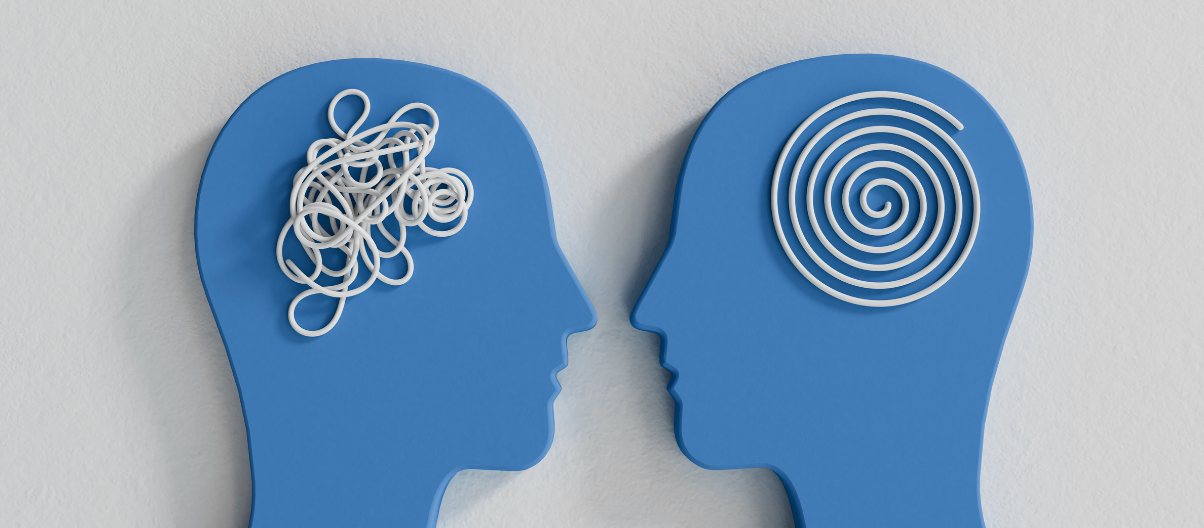How DBT Addresses Many Mood and Personality Disorders
Emotion dysregulation is a central feature of many psychiatric disorders. This can source from a range of conditions that present difficulties in understanding, accepting, and modulating emotional responses. Symptoms include delayed emotional recovery, difficulty labeling emotions, impulsive behaviors tied to emotional states, and efforts to suppress or avoid feelings altogether.
In disorders like borderline personality disorder, emotion dysregulation is often a central feature. Individuals may experience rapid mood shifts, intense emotional pain, and explosive anger. This instability can lead to risky behaviors, self-harm, and relational chaos. Similarly, bipolar disorder involves mood dysregulation across depressive and manic states, where impulsivity and emotional intensity can wreak havoc on daily life.
Major depressive disorder, post-traumatic stress disorder (PTSD), and anxiety disorders often include dysregulated emotional experiences that impair functioning. For many clients, emotional intensity becomes both the source of suffering and the barrier to healing — interfering with insight, communication, and the capacity to self-soothe.
These disorders undermine the client’s sense of control of their behavior and wellbeing. DBT skills can help empower the client through its evidence-based therapy approach by providing a toolkit to address emotional flare-ups as they happen, build long-term resilience and stability.
DBT as Evidence-Based Therapy for Specific Disorders
Studies on patients with borderline personality disorder, have demonstrated that DBT helps reduce suicidal behavior and is especially effective in treating depression and psychological wellbeing. For those with bipolar disorder, especially during euthymic phases, DBT skills have been shown to be an effective treatment and reduce suicidal tendencies in adolescents. DBT has also done well in trials on treatment-resistant depression.
DBT’s efficacy as an evidence-based therapy across a range of disorders stems from the broad power of the skills it teaches. These skills serve to strengthen emotional resilience and reduce relapse risk by helping clients recognize early signs of mood destabilization and respond more effectively.
Mood Disorders and Interpersonal Effectiveness Skills in DBT
Many emotion regulation challenges arise in the context of relationships. Clients with borderline personality disorder, in particular, often struggle with abandonment fears, black-and-white thinking, and intense attachment. Skills such as DEAR MAN (Describe, Express, Assert, Reinforce, Mindful, Appear confident, Negotiate) give clients a framework for making requests, saying no, and maintaining self-respect. These skills are just as relevant for individuals with bipolar disorder navigating conflict during mood episodes or those with trauma histories learning to express boundaries.
Being able to navigate relationships is a crucial step in clients’ recovery, and can be the key to finding long-term balance and stability. The progression from mindfulness to distress tolerance and emotional regulation to interpersonal skills is why DBT has been able to establish itself as an evidence based therapy for some of the most acute emotional issues.
Conclusion
DBT has been able to establish itself as an evidence-based therapy because of its basis in real practices rather than abstract concepts. In DBT, mood regulation and interpersonal skills are practiced in session and in real life, to establish and generalize their use. Whether a client is struggling with symptoms of borderline personality disorder, bipolar disorder, PTSD, or other emotional regulation issues, DBT is a strong evidence-based therapy that provides a practical path forward.
Additional Resources
Training:
Live: 2025 Cohort | Comprehensive Dialectical Behavioral Therapy (DBT)
Introduction to Dialectical Behavioral Therapy (DBT)
Blog Posts:
What is Evidence-Based Therapy?
Evidence-based group therapy for specific offenses: Are we doing them, and doing them well?
CBT vs. DBT: Evidence-Based Choices for Anxiety and Depression Treatment








